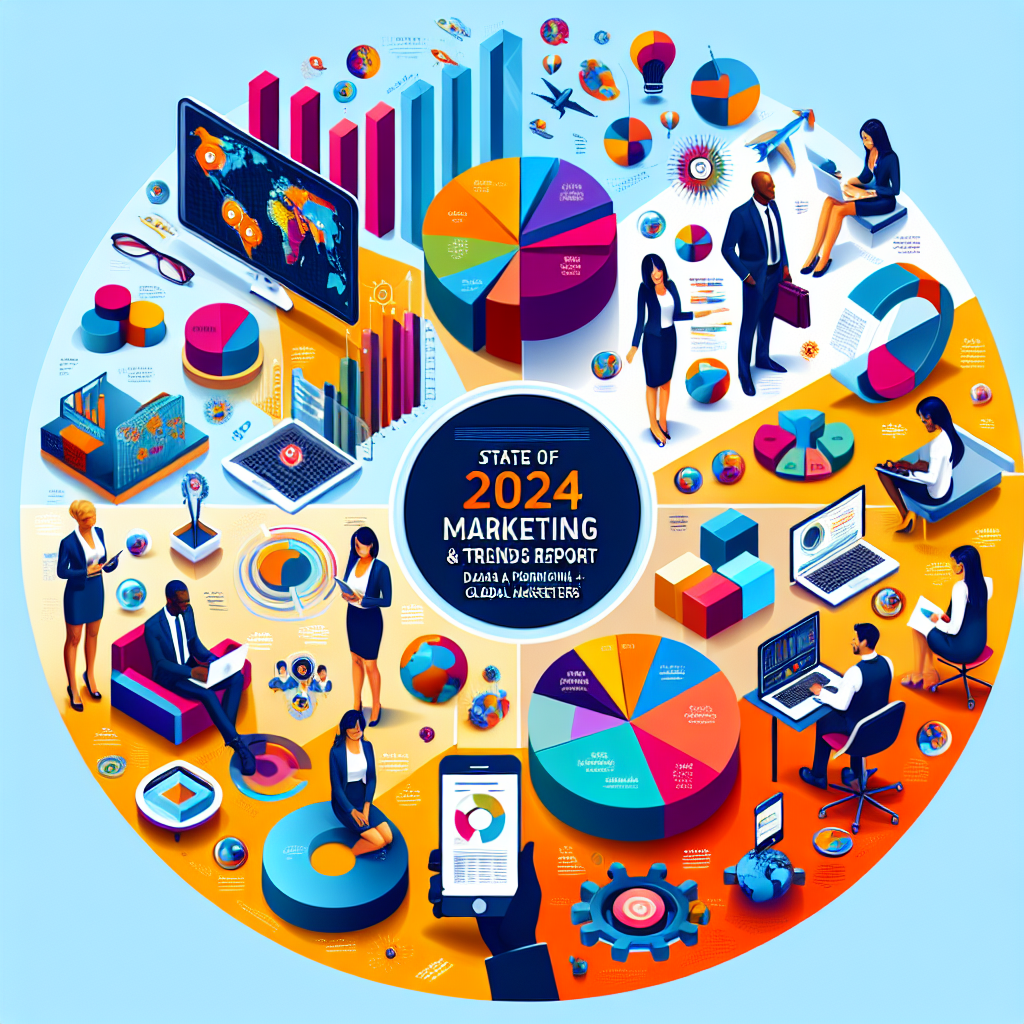Navigating the Marketing Maze: Key Industry Trends You Can’t Ignore
The marketing landscape is in a constant state of flux, challenging even the savviest marketers to stay ahead of the curve. To help you navigate this ever-evolving terrain, we’ve delved deep into the latest data and insights, uncovering the most impactful trends shaping the future of marketing.
The Rise of Short-Form Video
One trend that’s impossible to ignore is the meteoric rise of short-form video. Platforms like TikTok, Instagram Reels, and YouTube Shorts have taken center stage, capturing the attention of audiences with their bite-sized, engaging content.
Why Short-Form Video Matters:
- Increased Engagement: Short-form videos boast higher engagement rates compared to other content formats.
- Wider Reach: These platforms offer immense potential to connect with new audiences and expand your brand’s reach.
- Algorithm Advantage: Algorithms often favor video content, increasing visibility and discoverability.
Marketers looking to capitalize on this trend should prioritize creating compelling, short-form video content tailored to each platform’s unique audience and format.
The Power of Authenticity and Influencer Marketing
Consumers are increasingly seeking authentic connections with brands, gravitating towards transparency and genuine storytelling. This shift has fueled the growth of influencer marketing, particularly partnerships with nano and micro-influencers who cultivate deeper relationships with their niche audiences.
Key Takeaways:
- Building Trust: Authentic content resonates more deeply with audiences, fostering trust and brand loyalty.
- Micro-Influencer Impact: Partnering with influencers who align with your brand values can drive impactful engagement and conversions.
- User-Generated Content: Encourage customer reviews, testimonials, and user-generated content to amplify authenticity.
Data Privacy and the Evolving Cookie Landscape
As data privacy regulations become increasingly stringent, the traditional reliance on third-party cookies is crumbling. Marketers must adapt to a cookieless future by prioritizing first-party data strategies and consent-based tracking methods.
Navigating the Shift:
- Focus on First-Party Data: Build direct relationships with your audience to collect valuable first-party data.
- Explore Alternative Tracking Solutions: Investigate privacy-centric solutions like contextual targeting and data consortiums.
- Transparency is Key: Be transparent with consumers about how you collect and utilize their data.
Embracing the AI Revolution
Artificial intelligence is no longer a futuristic concept – it’s rapidly transforming the marketing landscape. From content creation and chatbot interactions to predictive analytics and personalized experiences, AI offers powerful tools to optimize campaigns and enhance customer engagement.
Harnessing the Power of AI:
- Automate Repetitive Tasks: Use AI to streamline tasks like email marketing and social media scheduling.
- Personalize Customer Journeys: Leverage AI-driven insights to tailor content and offers based on individual preferences.
- Improve Campaign Performance: Use AI to analyze data, identify patterns, and optimize campaigns in real-time.
By embracing these trends and remaining agile in the face of change, marketers can position themselves for success in the dynamic world of digital marketing.








